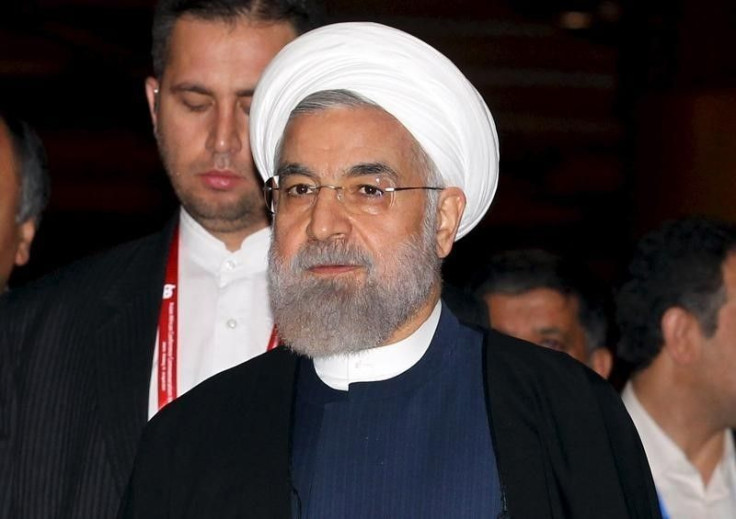‘Lifting Sanctions Won’t Help If Domestic Economy Is Weak’: Iranian Deputy Foreign Minister

Iran said that it would not forget countries that had stood by the Islamic republic during its time of adversity. According to the country's Deputy Foreign Minister Majid Takht Ravanchi, Iran would rely less on oil revenues and have better tax revenues to take its economy ahead.
Ravanchi said that Iran’s economy would progress, irrespective of whether economic sanctions are revoked. He added that the Iranian government had other resources to boost its economy.
“If there are difficulties with your domestic economy, then no matter how much you gain from sanctions relief, it won’t be enough to solve those problems in the long run,” Press TV quoted Ravanchi as saying.
According to President Hassan Rouhani, Iran has reduced its dependence on oil revenue in the past two decades. The Iranian officials do not believe the sanctions relief will help the economy much. According to a number of experts, sanctions are responsible for only 20 percent of the economic woes of the country.
U.S. lawmakers are still divided in their opinion about the practicality of the nuclear deal with Iran. The U.S. President Barack Obama was claimed to be using his veto to overrule the U.S. Congress disapproval, if any. However, the future of the agreement is still uncertain.
Even in Iran, the agreement has not been unanimously accepted. Bloomberg reported that the country's Supreme Leader Ali Khamenei had not expressed explicit support for the agreement, and proposed an “economy of resistance” to counter sanctions and boost economic growth. Iran’s oil exports have declined since late 2013, resulting in a decline of more than $100 billion in the revenue.
© Copyright IBTimes 2024. All rights reserved.





















